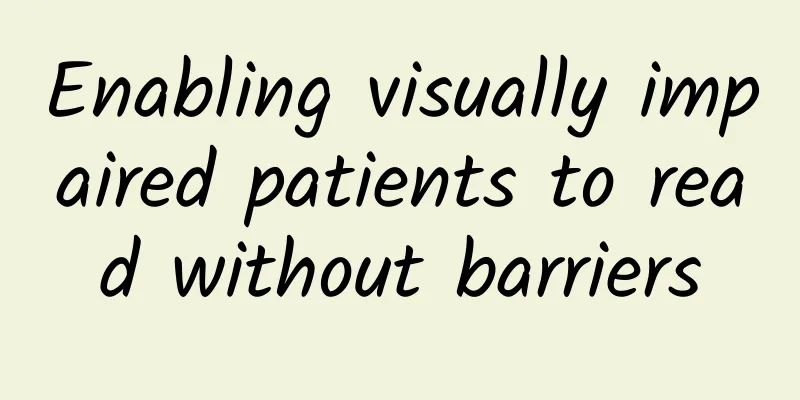Pregnancy mid-term tailbone pain

|
Coccyx pain in mid-pregnancy is also quite common. Some people say that it is mainly because after pregnancy, the weight of the baby continues to increase, which increases the weight of the pelvis. Sitting for a long time will cause excessive pressure on the coccyx, resulting in sacral fasciitis and pain. Therefore, women in the second half of pregnancy should avoid sitting for a long time, and get up and move around appropriately after sitting for a period of time. Let's take a look at what causes pain in the buttocks and coccyx during mid-pregnancy. What causes pain in the buttocks and coccyx during pregnancy? There are many reasons for the pain in the coccyx during pregnancy. The common reasons are as follows: First, it may be due to squatting for a long time during pregnancy, which causes excessive pressure on the coccyx. If you squat for too long, you should walk appropriately. Secondly, it may be caused by calcium deficiency. Pregnant women need to provide a lot of nutrients to the fetus. If the nutrient intake is insufficient, it may cause the body to lack some elements. Calcium deficiency will cause bone pain, which may be caused by calcium deficiency. Treatment can be carried out by increasing calcium intake, consuming more foods high in calcium, such as bean products, milk, and eggs. At the same time, you can appropriately supplement iron supplements and vitamin D, and get more sun exposure to promote the body's absorption of calcium, which is also of great benefit to the growth and development of the fetus. What to do if you are calcium deficient during pregnancy? 1. The main reason for calcium deficiency in pregnant women is that the intake of dairy products in the dietary structure is still not high. During pregnancy, the growth and development of children's bones and teeth require calcium very much. Simply relying on diet can no longer meet this requirement. Pregnant women need 1000-1500 mg of calcium per day, in addition to getting it from food, they also need to supplement about 600 mg. 2. Before 12 weeks of pregnancy, some pregnant women are reluctant to take medicine due to pregnancy reactions, and the early fetus does not need much calcium. Therefore, pregnant women generally need to start supplementing calcium and zinc after 20 weeks of pregnancy. After 27 and 28 weeks of pregnancy, as the fetus needs rapid growth and development, calcium and zinc supplements must be taken. Pregnant women who like to eat meat and beans should start supplementing earlier. 3. Pregnant women generally have a strong appetite, and it is not enough to simply supplement calcium from food directly. Therefore, it is a better method to supplement calcium with traditional Chinese medicine preparations directly. In addition, most of the iron supplements now also contain vitamin D which promotes absorption. 4. In addition, you should also eat more calcium-rich foods such as dried shrimp skin, kelp shreds and bean products, and outdoor sun exposure is also indispensable. |
<<: Pregnancy hemorrhoids pictures
>>: Does having erotic dreams during pregnancy affect the baby?
Recommend
What are the main symptoms of non-gonococcal vaginitis?
Nowadays, it is common for women to suffer from v...
How to relieve abdominal pain on the first day of menstruation
Abdominal pain on the first day of menstruation c...
Can I use sunblock during breastfeeding?
Nowadays, many women hope to be beautiful during ...
Can I drink ginger and brown sugar water if I have uterine fibroids?
Most patients with uterine fibroids occur in many...
Should I squeeze or not squeeze my milk when I am weaned?
When the baby is young, the main source of nutrit...
Exhibition of first prize works of the first Ningxia middle school student science popularization and science fiction essay competition: Heart for snacks of the Academy of Agricultural Sciences
Editor: Liu Yuxin Reviewer: Yang Pengbin Yinchuan...
"The fourth shot" vaccine, can I still get it if I have a positive test result? What should I pay attention to when getting vaccinated? Expert interpretation →
On December 14, the National Health Commission re...
What should I pay attention to after having a medical abortion?
Although the abortion technology is already very ...
Signs of a stroke in a woman
Stroke refers to a brain disease in the human bod...
Watermelons wrapped in plastic wrap have too many bacteria, which can cause poisoning? Remember these 4 points to eat watermelons safely!
Author: Zhang Yu, researcher at the Chinese Cente...
When is the best time for girls to supplement calcium?
As people age, their bone mass loss is significan...
Can a scale measure body fat? Is it a waste of money?
A small scale You can actually measure your frien...
Refresh your cognition: The reason for gaining weight in middle age is not a decline in metabolism!
Time is a knife that makes us grow old faster. Ma...
How should I adjust my diet if I have thyroid nodules?
This is the 4423rd article of Da Yi Xiao Hu 01 Lo...
How long does it take to ovulate after abortion?
Abortion is a method of terminating pregnancy. Af...









